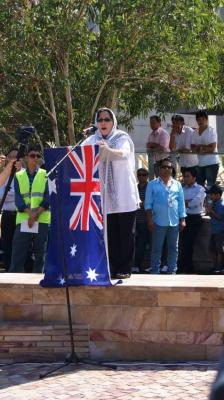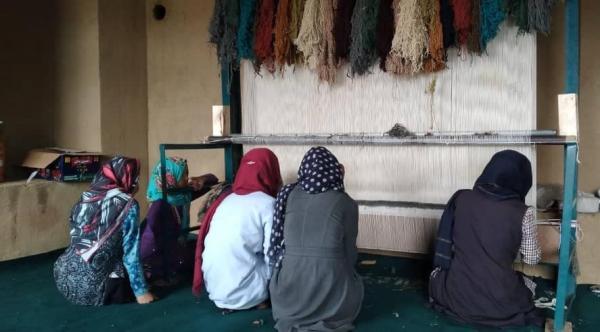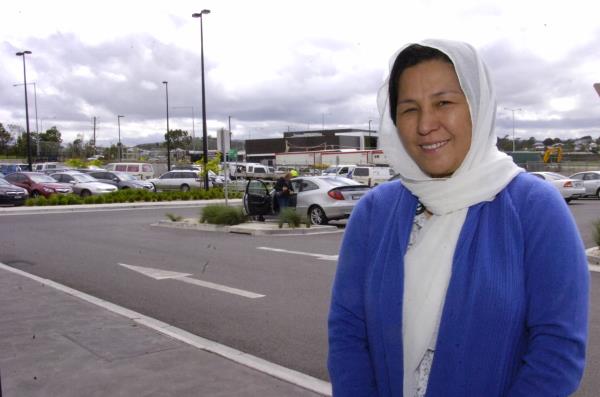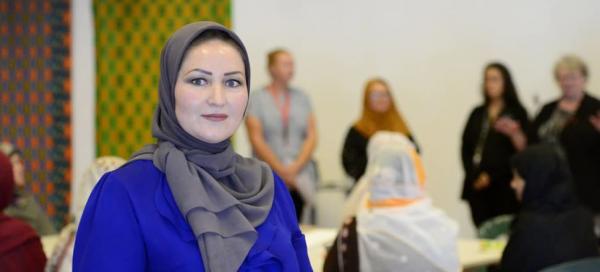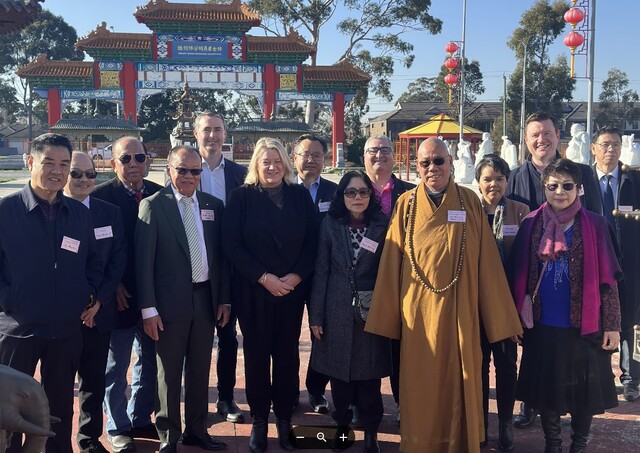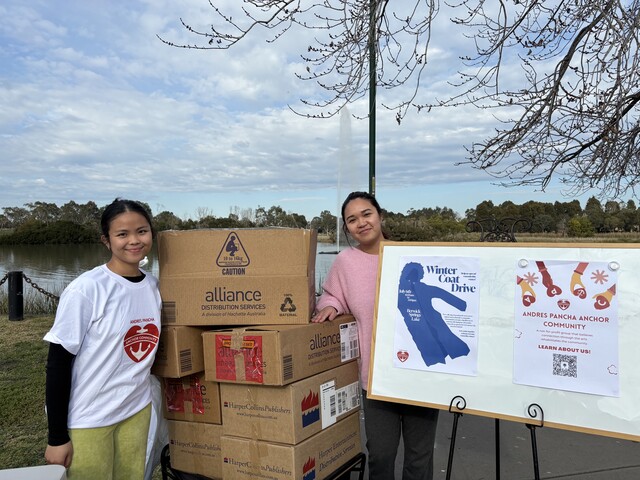A Dandenong-based Hazara women’s group fears that its women’s education programs in Afghan villages are under threat.
Zakia Baig is vice-president of Women for Change, which is funding a school that’s training 200 women and girls in a mountain village in Bamyan province.
There had been no school nor teachers in the village due to its remoteness. And the children were “thirsty for education”.
“We have big dreams to change this generation, so stay tuned,” Women for Change posted at the program’s launch 12 months ago.
But as of last week, their carpet-weaving workshops for women to “learn and earn” had ground to a halt as the Taliban took control of the nation.
“The girls are crying and telling us we don’t have a future. What are we going to do?
“We’ve been in touch but we can’t send money to buy a future for them. The structure for sending money for them has been destroyed.
“They fear for their life.”
A founder of Australian Hazara Women’s Friendship Network, Ms Baig says she’s thankful to have a “voice” in Dandenong.
Under the Taliban, women were likely to be barred from studying at university or playing sport and music, she says.
“We all know the Taliban how they live and how they rule.
“Our women are going to die from frustration and depression. Who knows what will happen to them?”
Women were hiding in their homes, afraid of being removed, “married” off or used as sex slaves by the Taliban – despite the rulers’ assurances to the world.
Ominously, Taliban members have already destroyed Hazara leader Abdul Ali Mazari’s statue during the take-over.
“The girls are telling us they can’t go outside.
“It’s the big fear for the community living here – what will happen to our beautiful girls?”
Despite the resilience of the Hazara minority communities in Afghanistan, they were living in a “Stone Age”, Ms Baig said.
“They should be provided with food and safety.
“The (Australian Government) should take them out of there.”
Zahra Haydar Big, an Afghan women’s leader in the Goulburn Valley, said local Hazaras were going through “mental and emotional stress” over the plight of innocent people in Afghanistan.
She urged people to support the Afghan Australian Advocacy Network’s online petition for the Australian Government to take action.

